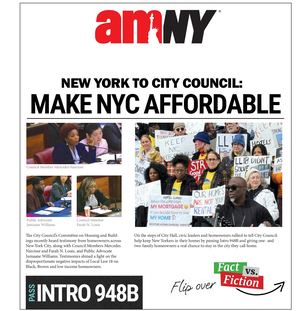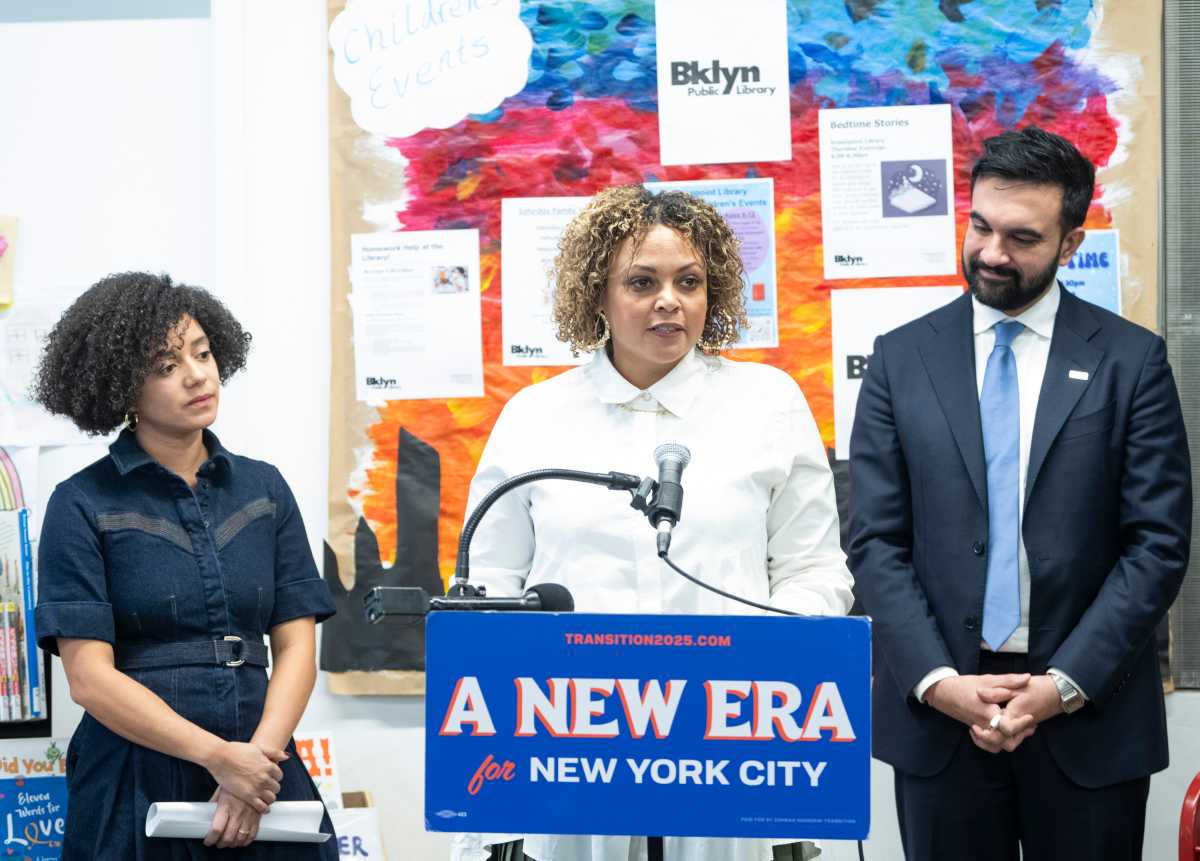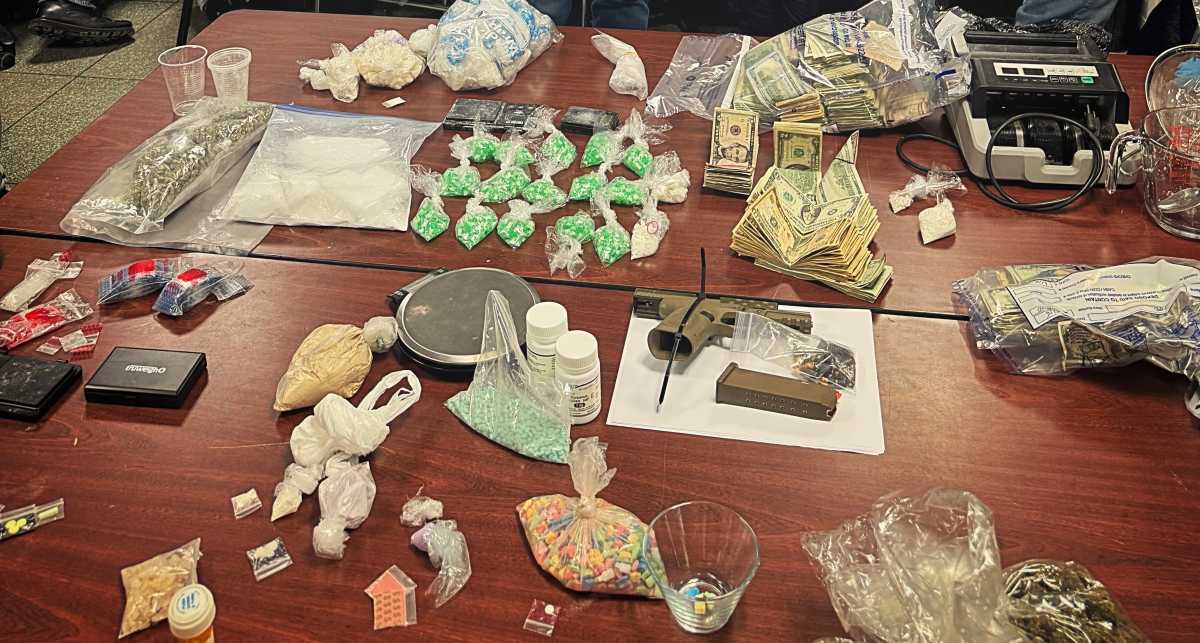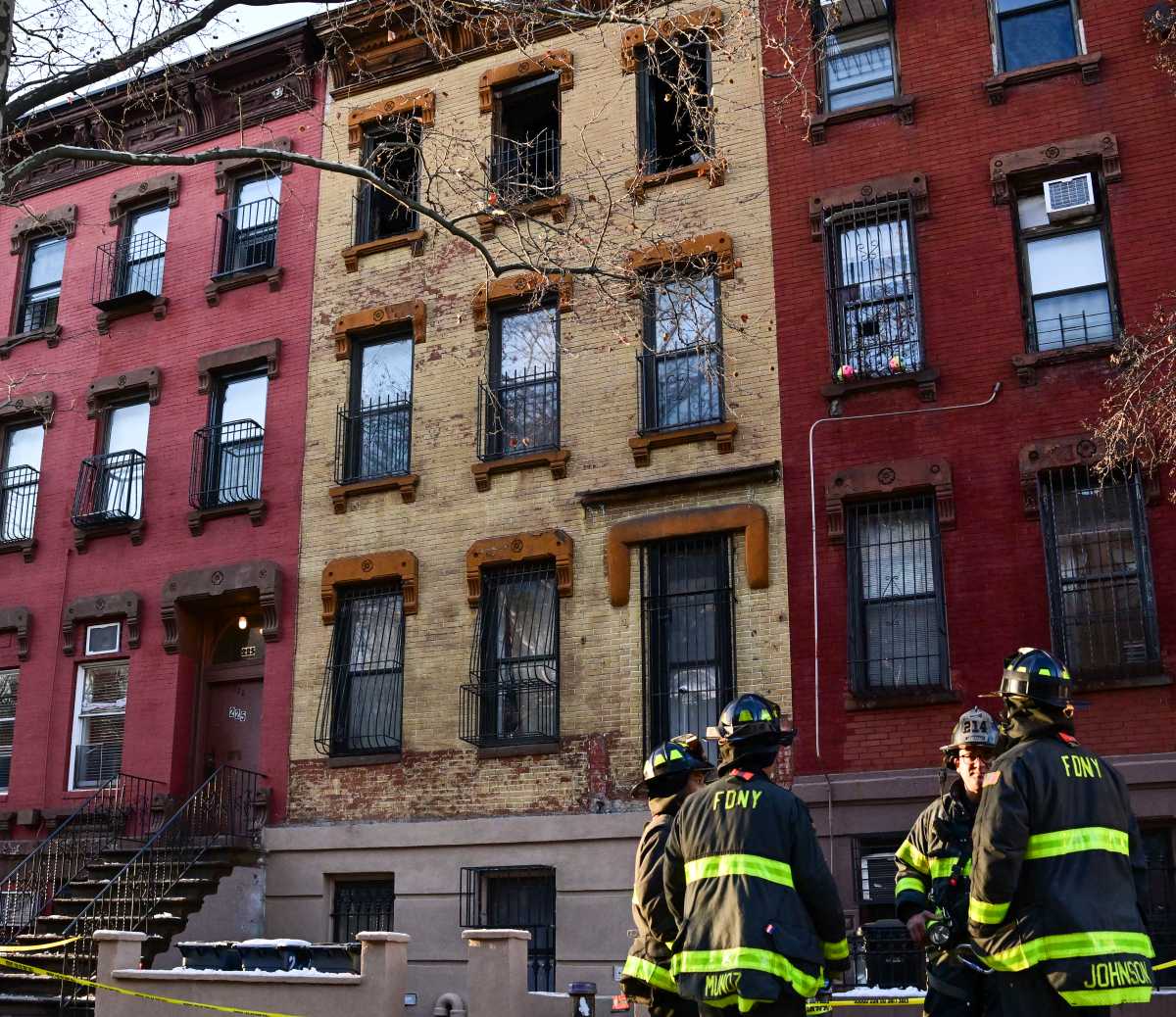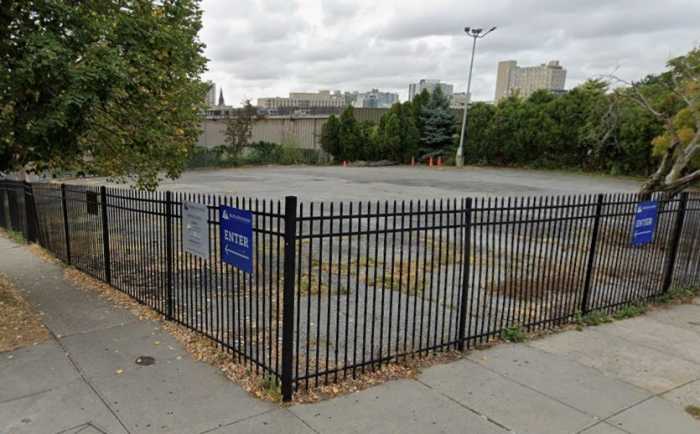When Matt Windman, theater critic for amNewYork, had started working on a book about the world of theater criticism in 2008, both the focus of the project and the criticism field looked very different.
“I was really just asking critics about their backgrounds, the purpose of theater criticism and how they went about their jobs,” he said. “Obviously, the journalism culture has changed since then, and there’s a perception that theater criticism is being very badly hurt by the changes in the journalism industry. … I wanted to go into ‘How will this affect the theater?’”
The result, “The Critics Say … : 57 Theater Reviewers in New York and Beyond Discuss Their Craft and Its Future,” is both a how-to manual for aspiring stage critics and an analysis of the field as it stands today, with full-time critic positions becoming rare and, in some cases, unpaid.
amNY caught up with Windman to talk about the field of theater criticism today, along with some of his own experiences.
Criticism has been a really great resource for researching the history of theatrical performances. For a live, generally non-recorded medium like theater, do we risk losing historical documentation when we de-emphasize theater criticism?
Absolutely. Today, there’s obviously much more multimedia for any individual show. I’m sure you can find some sort of bootleg video online from any show, but only so many people will look at those, and god knows if it’ll be on YouTube a month from now. And there’ll still be cast albums made. But when you go back to the mid-20th century, like one critic [in the book] points out … the original production of “Oklahoma” is lost to history. You can watch the ’50s movie version, or you can listen to the cast album, but that doesn’t represent what people saw on opening night. All that we have left are the reviews.
Who loses more as theater criticism decreases — the audiences or the artists?
I think both lose out. In terms of the audience, you could say that the audience could still look at a website like Talkin’ Broadway or Broadway World which has very dedicated theatergoers writing detailed posts about previews and giving their two cents, and some of the people on that site are really smart and can be really descriptive. But usually you don’t know who those people are — for all you know, it could be the show’s producer, writing under a pseudonym, trying to hype up the show. The artists lose because the critic is there as an informed audience voice. And to the extent that the critic is there writing for the audience, and their readers, rather than the artists, you might think that the artist might not be losing that much. But by having the theater critic be an informed voice — one with years of judgment brought into that writing — then the critic becomes a mediator between the audience and the artist, and I think it does hurt the artist to not have the critic take on that role. A critic serves as a figure to applaud theater, to encourage audiences to see great theater, and if we don’t have the critic there then the artist loses out.
That great theater isn’t always the biggest Broadway show, either.
One of the most important things that theater critics do is write about the smaller shows that might not get word-of-mouth otherwise. With something out there on the fringe, if you don’t have a critic out there saying, “Hey, I saw this show, it’s great. You should check it out,” who knows whether or not it’s going to find a following.
You ask it of others in the book, but you never answer it, so I’ll pose it to you: Do you have a favorite review that you’ve ever written?
I don’t know if I have a favorite review of my own. … I guess that I hope that my best reviews are the ones where I feel the most strongly about a show, either loving a show or loathing of it. It brings out the most in a critic; it gives you more to express. You’re really trying to make a case for the show, either for it or against it. The hardest are the middle-of-the-road ones.
If you go
Matt Windman will be discussing his new book at The Drama Book Shop June 9 at 5 p.m., 250 W. 40th St., 212-944-0595, free
